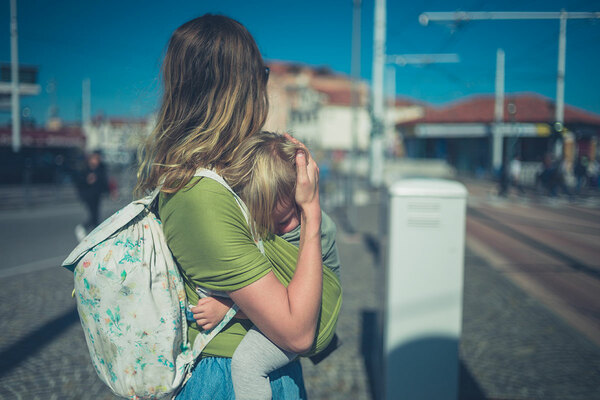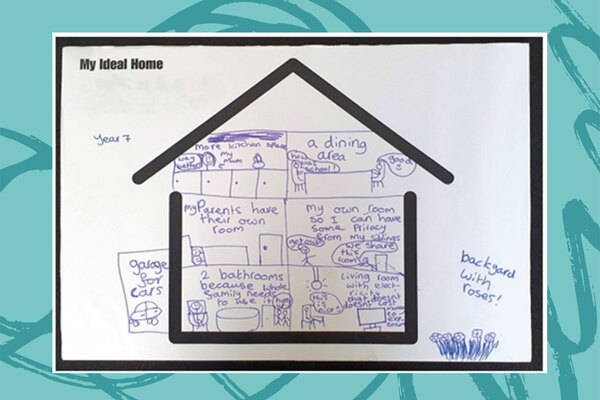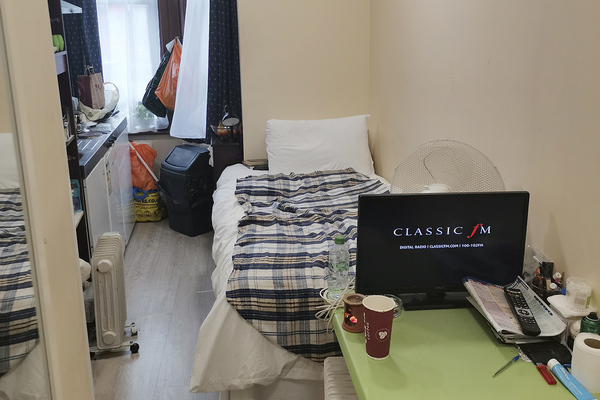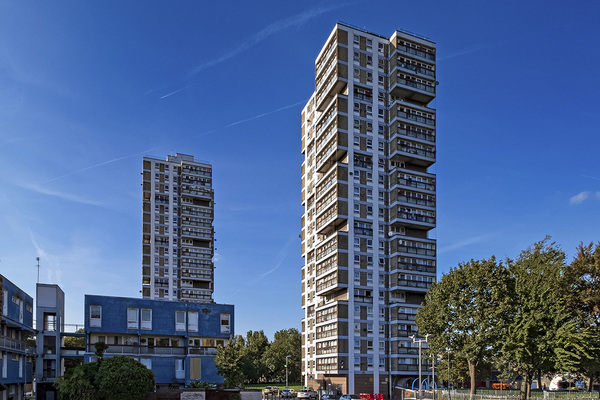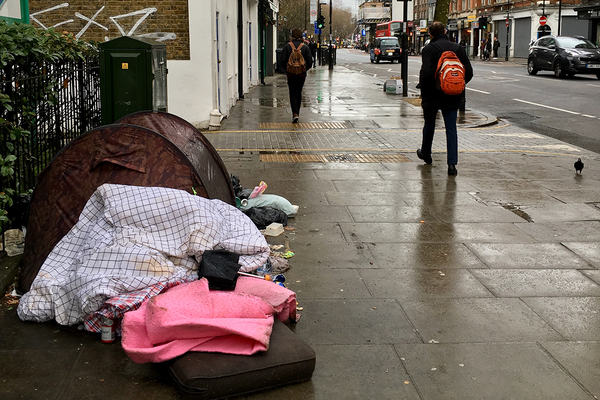You are viewing 1 of your 1 free articles
Homelessness charities fear ‘dire’ winter as shelters forced to ‘significantly’ reduce bed numbers
Providers of winter night shelters for homeless people are warning that they will have to “significantly” reduce the number of beds they can provide this year, leading to fears that rough sleepers will have limited access to safe accommodation during the coldest months.
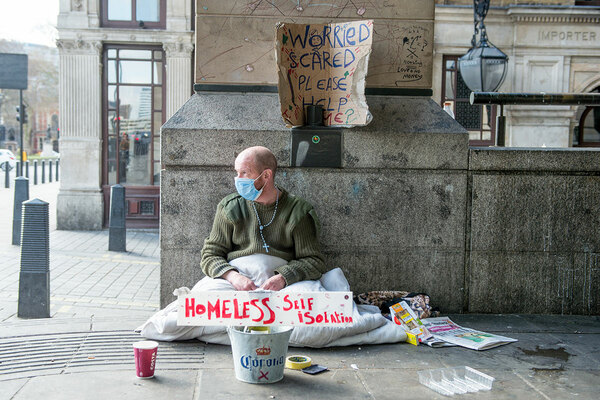
Organisations that typically provide shelter in communal spaces such as churches and community venues are currently trying to redesign their services to ensure those who use them are safe during the coronavirus pandemic.
Kathy Mohan, chief executive of Housing Justice, the national membership charity for night shelters, told Inside Housing that its network will offer “significantly fewer beds this winter”, adding that some shelters may decide they cannot open at all.
Megan Preston, service development manager at Glass Door, the largest network of winter night shelters in London, said the organisation is currently “making difficult decisions about things like whether to open for more months with fewer people or whether to maximise the number of rooms that we have but just focus on the really coldest months of winter”.
Glass Door typically provides shelter to around 170 people per night during winter in the capital. Ms Preston said the organisation is “hoping” that it will be able to provide between 50 and 100 beds this year.
She added: “We think that because we do have the largest night-shelter network, it would be a really dire situation if we didn’t provide any accommodation at all.
“That could be up to 170 additional people who didn’t have somewhere to turn in an emergency. So we’re looking at what the alternatives are in forms of self-contained accommodation.”
When the COVID-19 pandemic hit in March, the government ordered local authorities to move people off the streets and out of shelters into self-contained accommodation, such as hotels or unoccupied student blocks.
Since then, roughly 15,000 people have been placed in emergency accommodation and the government has pledged £105m to ensure they do not return to the streets.
However, individuals have continued to become homeless throughout the coronavirus pandemic and homelessness charities fear that the upcoming end to the ban on evictions will lead to a spike in homelessness.
The government recently published new guidance for providers of homeless hostels and day centres, however this guidance does not cover winter night shelters.
Ms Mohan said shelters require advice before autumn, if they are to be able to open safely this winter.
She added: “We continue to work with central government and public health officials to produce parameters for night shelters to be able to plan if, when and where they may be able to offer support for people experiencing homelessness this winter.
“While Housing Justice recognises the complex nature and ever-evolving picture around government guidance on COVID-19, we also continue to stress the urgency of this advice for night shelters.”
A Ministry of Housing, Communities and Local Government spokesperson said: “We have made a landmark commitment to break the cycle of homelessness and end rough sleeping for good - backed by over half a billion pounds this year alone.
“We’re working at speed to deliver thousands of longer term homes so that as few people as possible return to life on the streets, reducing the need for night shelters.
“To protect people from coronavirus communal night shelters remain closed for now - but we’re looking at ways they could be reopened safely.”
Sign up for our daily newsletter
Already have an account? Click here to manage your newsletters
